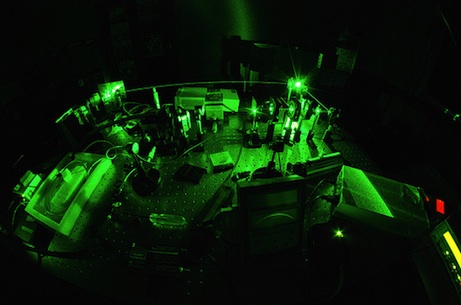
Gates Cambridge alumnus Peter Brereton has been awarded a prestigious National Research Council Research Associateship at the US Navy Research Laboratory in Washington DC.
A Gates Cambridge alumnus has been awarded a prestigious National Research Council Research Associateship at the US Navy Research Laboratory in Washington DC.
The Award for Peter Brereton [2001] is for a postdoctoral fellowship for up to three years. He will be working in the Electronic Materials Branch researching fundamental quantum optical processes in semiconductor nanostructures.
The NRC Fellowship allows early career scientists and engineers to work on breakthrough research focused on solving the biggest challenges facing science and technology in the US.
Peter, who did a PhD in Physics at the University of Cambridge, says: “I will be able to work with a world-renowned group in the design, growth and
optical control of semiconductor optoelectronic nano-scale devices. We will be working on using extremely short laser pulses to control the electronic states of single quantum systems in infrastructures that are promising candidates for solid state quantum computers.”
His research at Cambridge focused on the impurity sites that occur in semiconductor quantum dots. He says that if scientists can learn how to control these they will be able to build scaleable quantum computers which will be many times faster than any current computer.
Picture credit: Creative Commons and Giorgio Brida.












